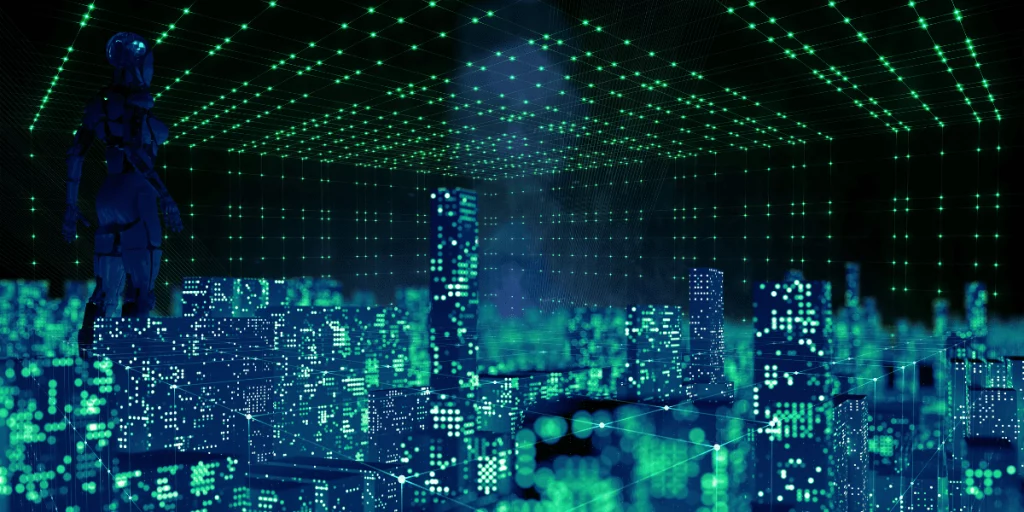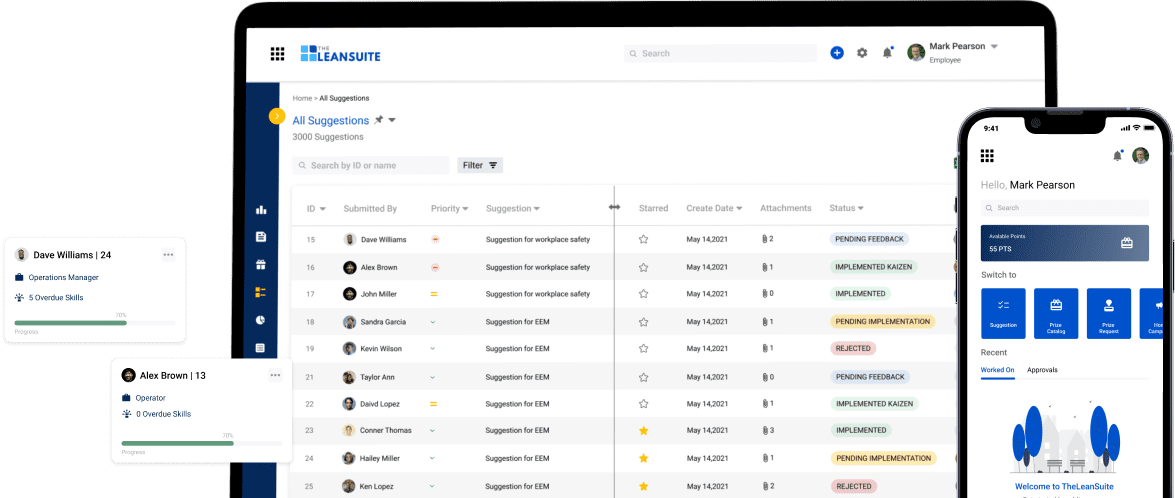What is Artificial Intelligence in Manufacturing?
Artificial intelligence (AI) in manufacturing refers to the use of machine learning (ML) techniques and deep learning neural networks to optimize manufacturing processes with better data analysis and decision making. Moreover, artificial intelligence and manufacturing pair well together as humans and machines must work together closely in industrial manufacturing environments.
5 Benefits of AI in Manufacturing
Predictive Maintenance
Predictive maintenance monitors the condition of machines and estimates when maintenance should be performed, minimizing the chances of any failures or breakdowns. In essence, predicted analytics reduces equipment downtime and relevant maintenance costs. By leveraging machine learning and artificial intelligence in manufacturing (basically digitizing equipment maintenance), this increases the effectiveness of predictive maintenance. That is to say, this extends the lifetime of machines and limits unwanted shutdowns. And consequently, this positively impacts the environmental and financial aspects of a company.
Safety
Human beings are not perfect — they are prone to making mistakes, especially if they’re distracted or fatigued. Furthermore, it is inevitable for errors and accidents to happen on the shop-floor, especially in any construction or processing environment. But, this can be reduced, and even eliminated, through the use of artificial intelligence and robot assistance. By leveraging remote access control, this will reduce the need for human involvement, which will therefore reduce the incidence of industrial accidents. As a result, this leads to an overall improvement in safety.
24/7 Manufacturing Operations

Another benefit of artificial intelligence in manufacturing is 24/7 manufacturing operations. As humans, we need regular maintenance (such as sleep and food) and downtime. Even then, most of us can only operate for 8 hours maximum daily. However, artificial intelligence can work around the clock and with a higher degree of accuracy. That is to say, it doesn’t get tired or hungry, it doesn’t make mistakes or get hurt, and it can work in certain conditions that we cannot (for example, in the dark and in the cold). This enables the manufacturing plant or factory to operate at peak performance 24/7 without the need to pay human workers. In essence, robots are far more efficient in various areas such as the assembly line and packing department. So, this has a huge impact on a manufacturer’s bottom line.
Improved Quality Control
Artificial intelligence is very useful for performing predictive maintenance activities. For example, by using sensors to track performance and operating conditions, machines can learn how to predict equipment breakdowns and failures. Consequently, it can take action to prevent them from happening. As a result, you can receive feedback faster and minimize unplanned equipment downtime. What’s more, sensors also have the ability to detect microscopic defects and scan them at resolutions far beyond the capacity of human vision. Therefore, improving productivity by 50% or more, and defect detection by up to 90%.
In short, by utilizing artificial intelligence in manufacturing, this typically removes the need for quality control. This is because artificial intelligence has the ability to either correct defects as it goes, or create products that are basically guaranteed to be free of faults for better product quality.
Quicker Decision Making
By using artificial intelligence in manufacturing, companies can make better decisions quicker. Using IIoT with cloud computing and virtual, or augmented, reality makes it easier for companies to share and exchange critical or important information in real-time. This is regardless of where they are located. Furthermore, by using sensors and beacons, there is an abundance amount of data that can be gathered to help determine consumer activity. This allows companies to forecast future demands, make faster production decisions, and quickens the exchanges between manufacturers and suppliers.





